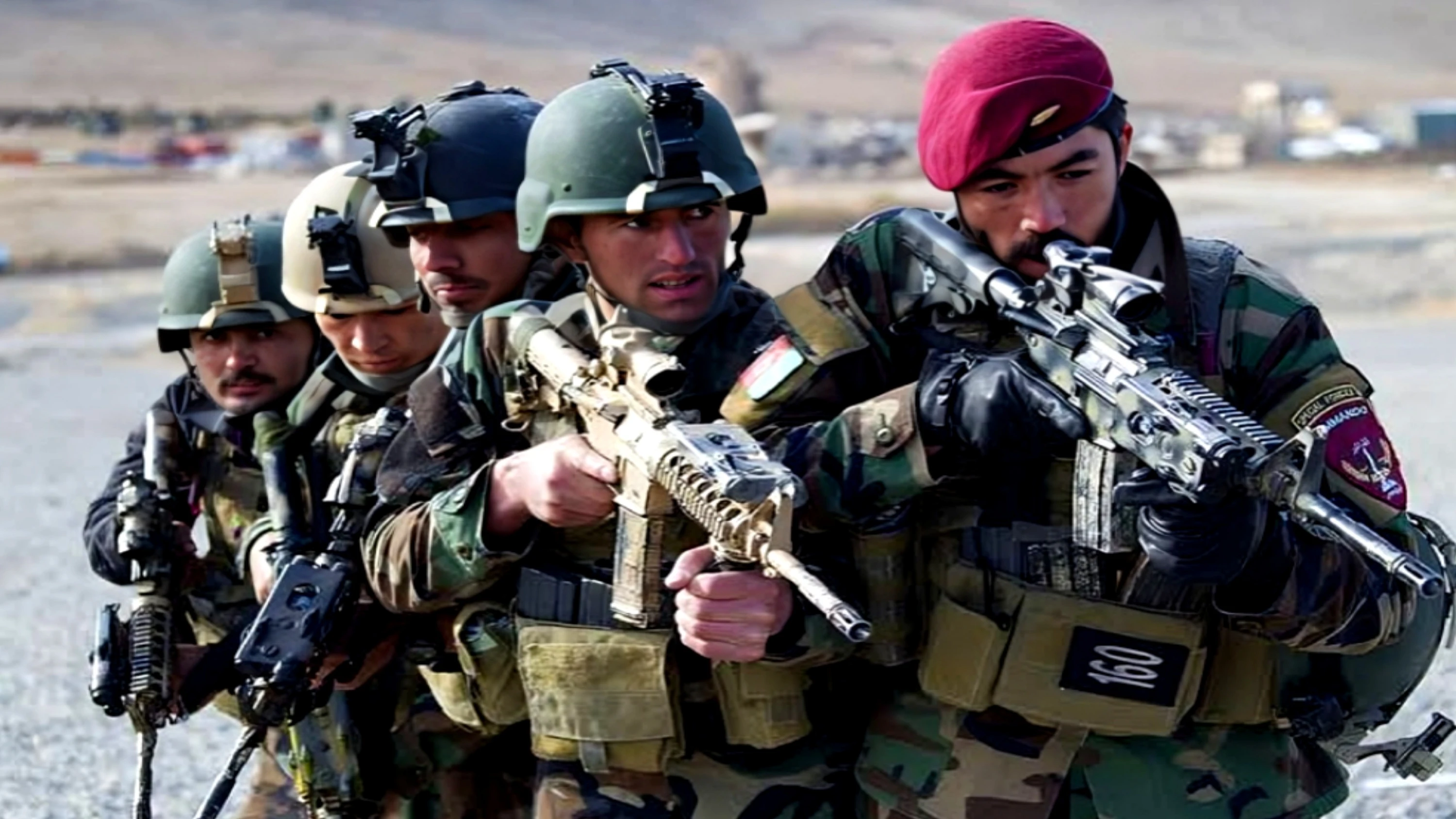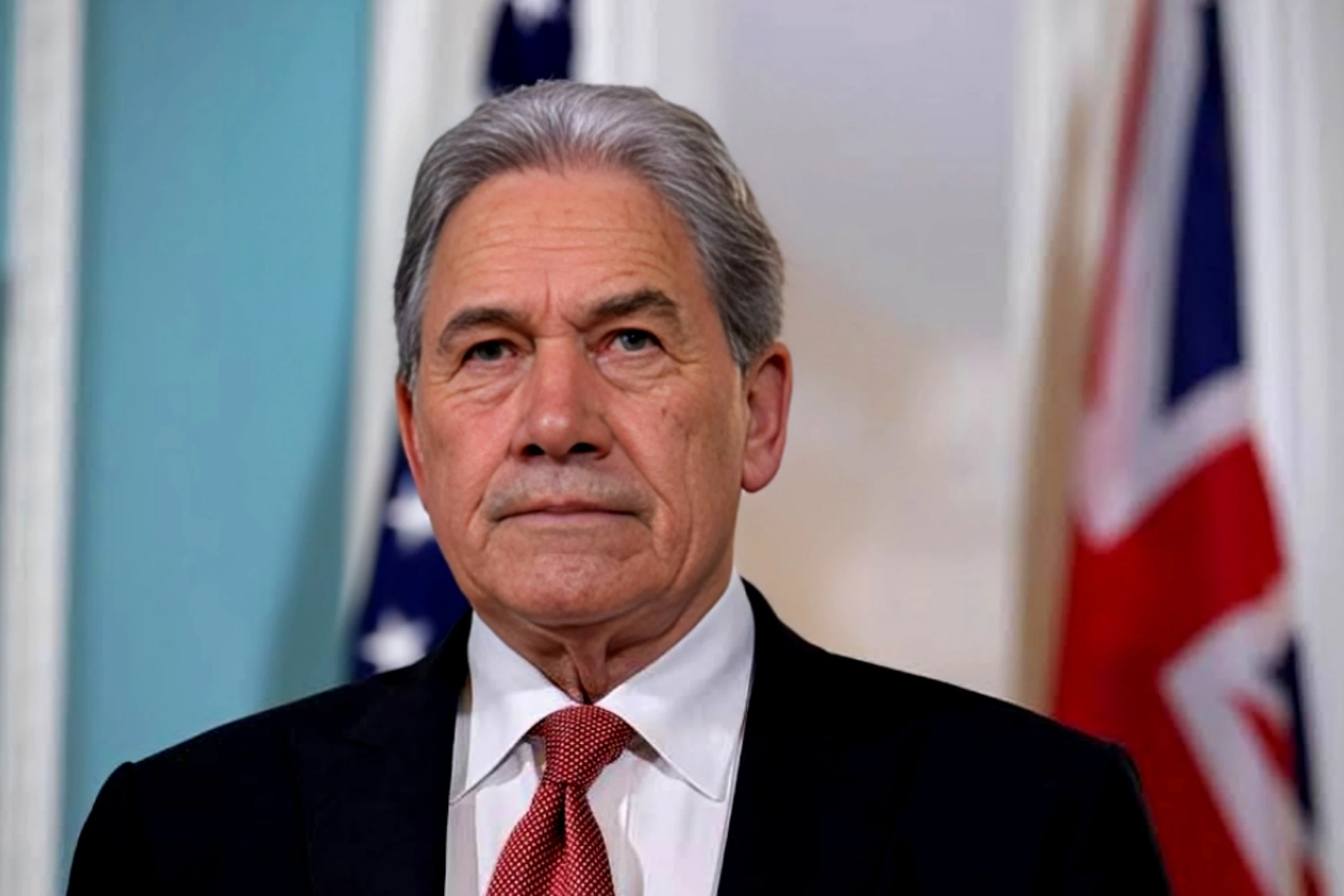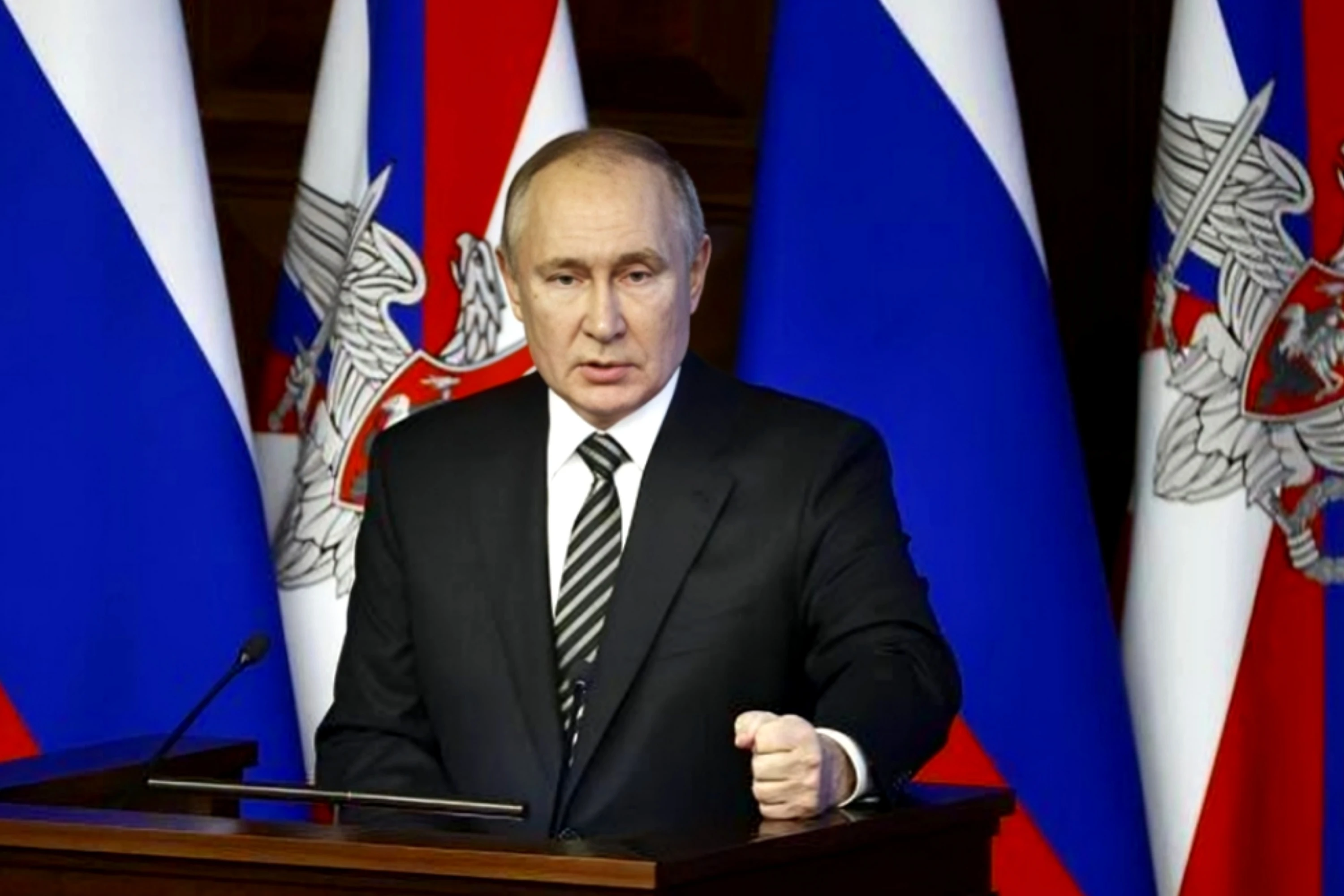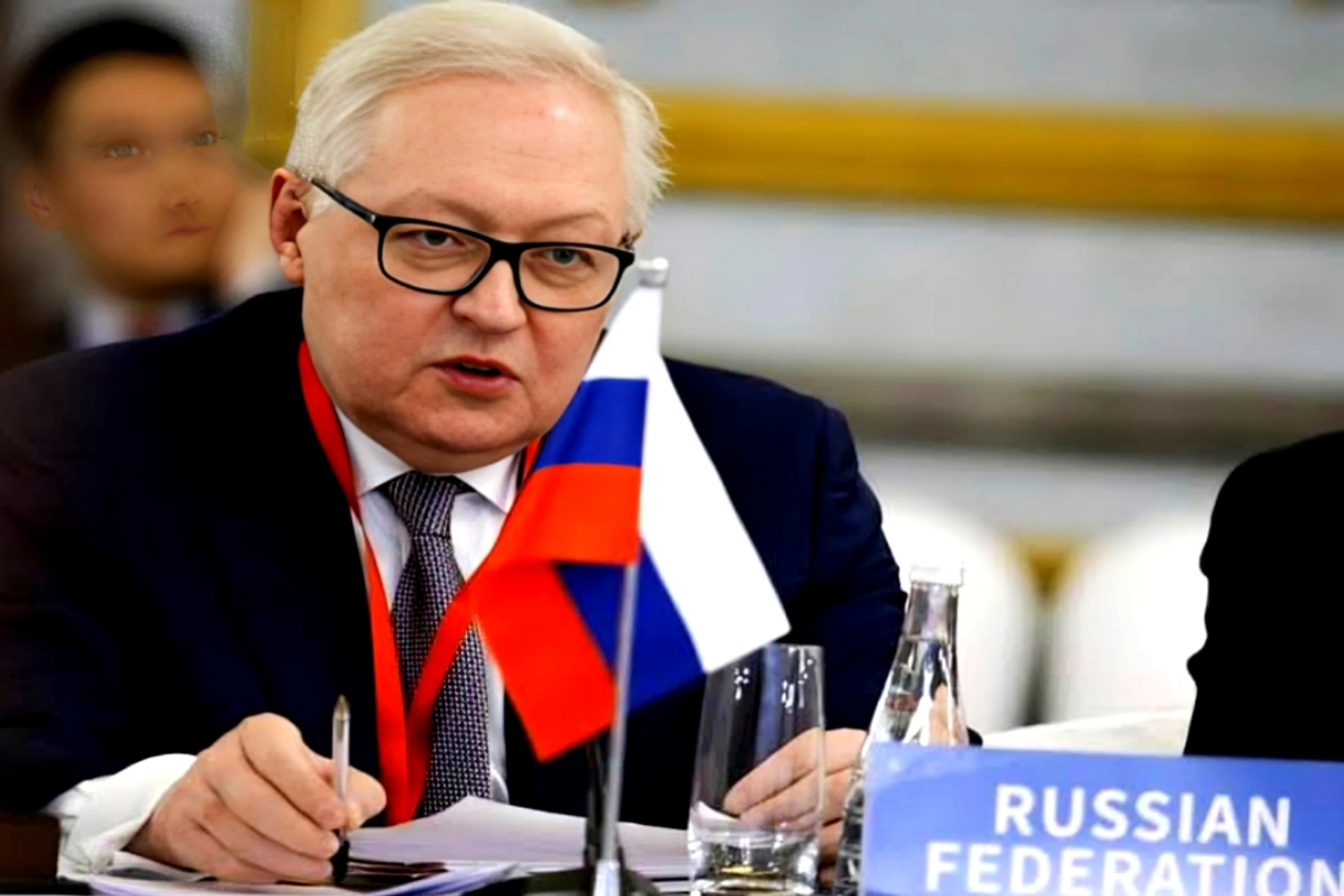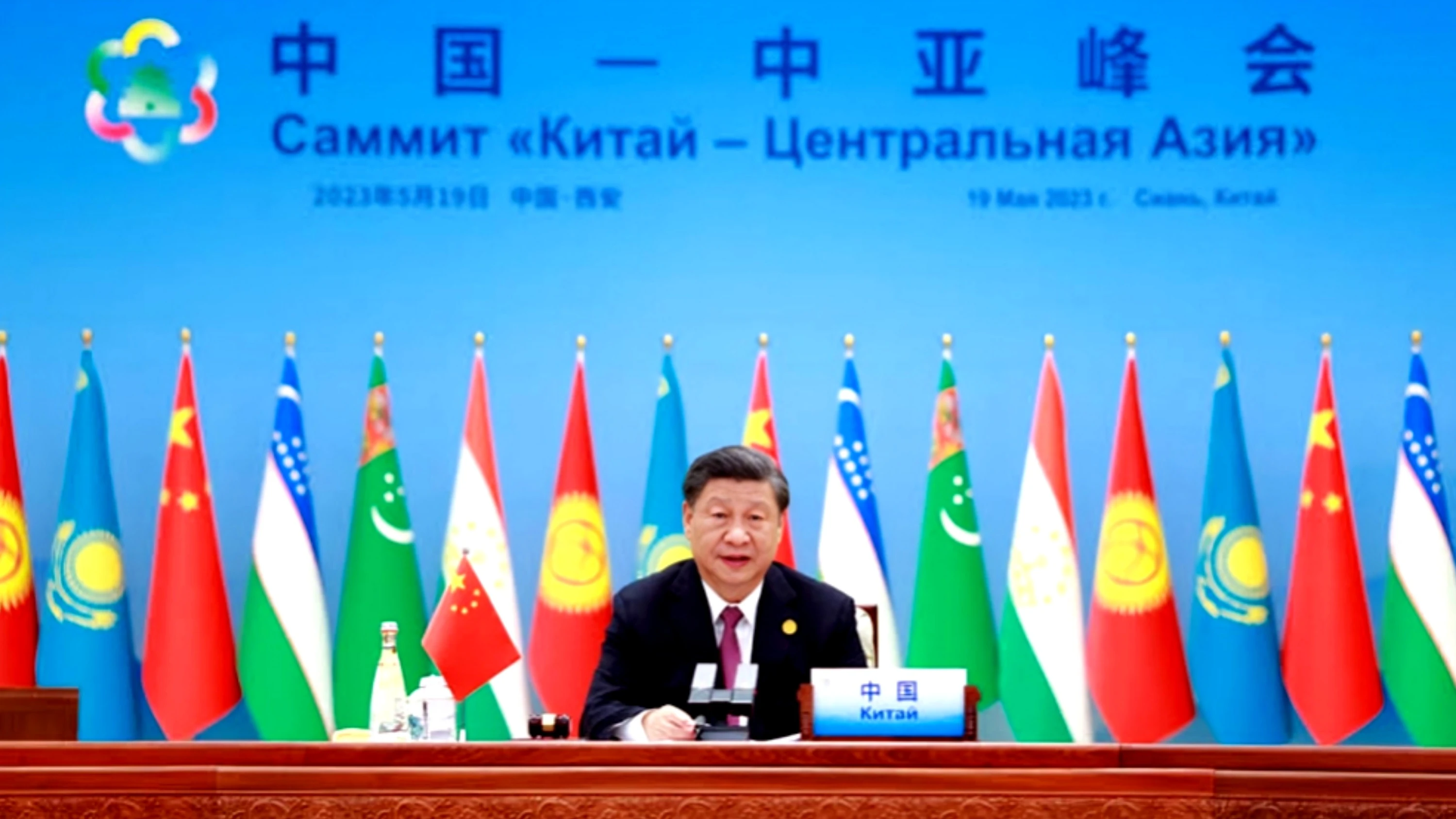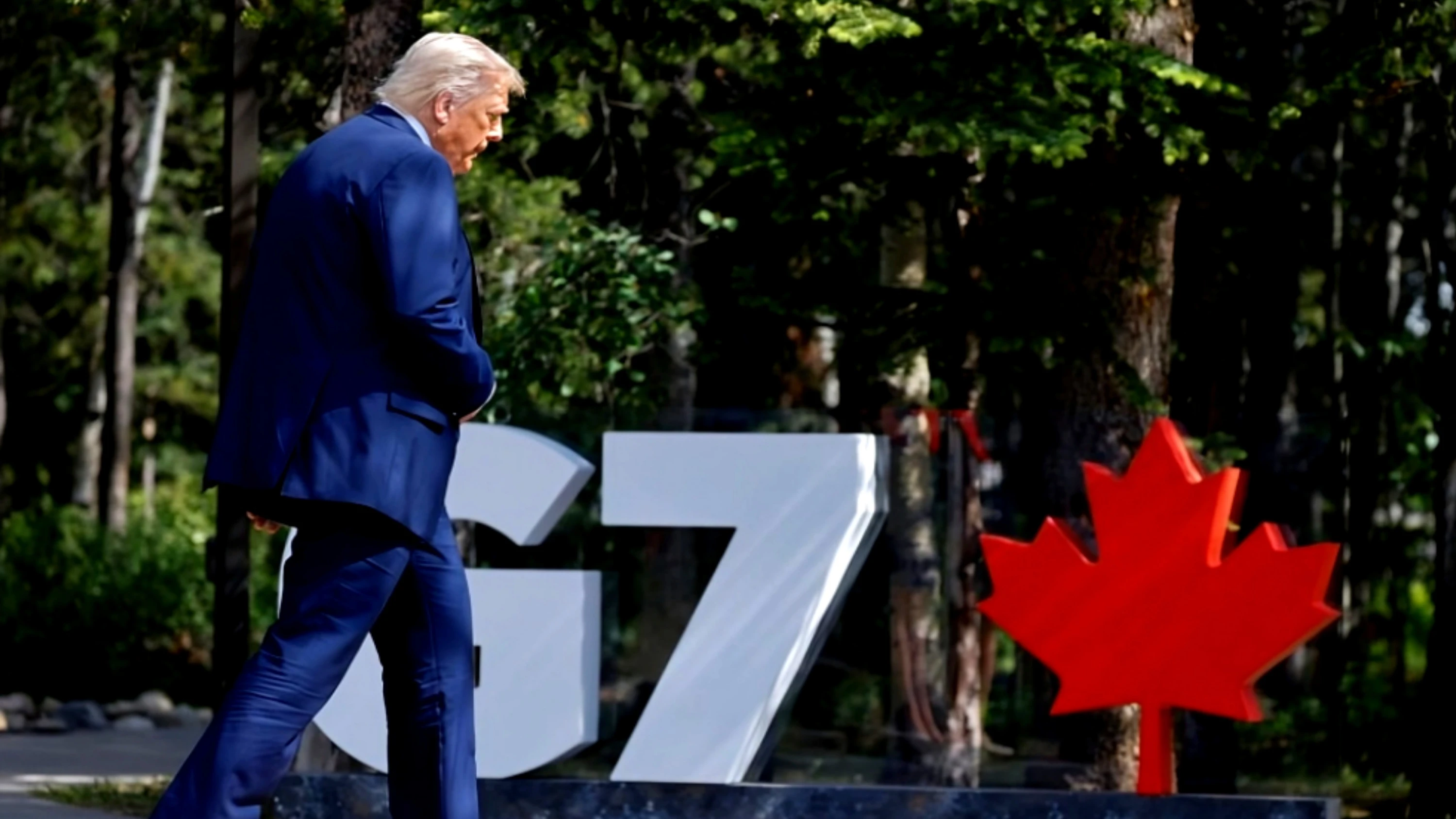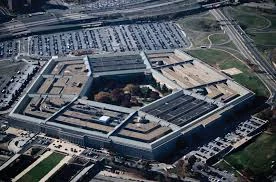London: Leaked documents presented in court on Thursday have revealed that a single UK Special Forces officer personally rejected the resettlement applications of 1,585 Afghans who had credible links with British forces, raising serious questions about transparency and potential witness suppression in ongoing war crimes investigations.
The files, disclosed by the Ministry of Defence (MoD), show that in summer 2023, an unnamed Special Forces officer unilaterally denied every resettlement application referred to him. This action was described as part of a “streamlined process,” yet it coincided with the UK's inquiry into alleged war crimes committed by British troops during the Afghanistan conflict.
The officer in question, who previously served in Afghanistan, is suspected to be linked to incidents under investigation for potential war crimes involving the UK’s Special Forces. The BBC reported last week that he may have blocked applications from Afghan nationals who could potentially serve as witnesses to these crimes.
Many of the rejected applicants belonged to elite Afghan units, known as "Triples" (including CF 333 and ATF 444), who had worked closely with the UK’s Special Air Service (SAS) and Special Boat Service (SBS). Since the Taliban's return to power in 2021, these individuals have faced significant threats, yet thousands of credible applications to the UK’s resettlement program have been denied.
Internal MoD concerns were raised as early as October 2022 about the rejection of Triples-related applications. Natalie Moore, head of the resettlement team, warned in a court statement that the Special Forces appeared to be using an “automatic rejection” policy, suggesting a hidden, systematic dismissal of applicants.
BBC’s Panorama program first exposed the veto powers of UK Special Forces in February 2024. Despite internal warnings through 2022 and into 2024, the MoD publicly claimed in March that no such veto powers had been granted to the Special Forces.
In January 2024, then Veterans Minister Johnny Mercer issued a stark warning to senior cabinet officials, flagging a “significant conflict of interest” and calling the rejections “deeply flawed.” He revealed that five former Triples had been killed by the Taliban after their applications were denied. One case involved a man who had previously spoken to British leadership about extrajudicial killings by Special Forces.
Though the Triples had been trained, funded, and deployed by the UK’s Special Forces and were considered eligible for resettlement, over 2,000 trusted applicants had their bids denied. The MoD later admitted these decisions “lacked robustness” and pledged to review more than 2,000 cases.
Armed Forces Minister Luke Pollard has since announced a further review of an additional 2,500 potentially mishandled cases. Many former partners and legal representatives claim rejected applicants have been tortured or killed.
The documents presented Thursday — part of a judicial review case brought by a former Triple — revealed that the UK government conducted two investigations into the Special Forces' role and conflict-of-interest allegations. One probe, dubbed “Operation X,” claimed there was no evidence of hidden motives or systematic rejections, though it failed to provide supporting documentation.
Instead, the investigation blamed a “sloppy and unprofessional assessment process” for the rejections.
To date, decisions in over 600 cases have been overturned.
BBC Panorama reported that the rejection process was overseen by then-Special Forces commander General Jenkins, who has since been promoted to head of the Royal Navy. The MoD, however, denies his involvement in the rejection decisions.
Lawyer Tom de la Mare, representing the former Triple, accused the MoD of breaching transparency and concealing evidence of mass rejections. He further alleged that the Ministry had provided “misleading information.”
MoD counsel Catherine McGahey told the court, “I do not seek to justify inaccurate responses, and I apologise for the Ministry’s earlier claim that veto powers did not exist.”
The court is now assessing whether the rejection of the Triples’ resettlement applications was conducted lawfully.
Lawyer Daniel Carey, also representing the claimant, stated: “My client has for years requested that the MoD correct its blanket rejections. This should have been resolved without the need for legal action.”
[Human Online, BBC]


